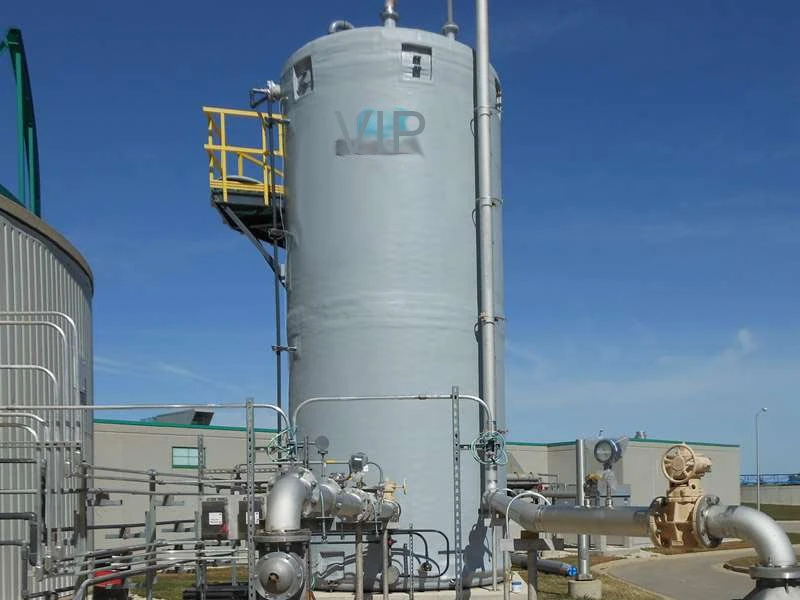
-
 Afrikaans
Afrikaans -
 Albanian
Albanian -
 Amharic
Amharic -
 Arabic
Arabic -
 Armenian
Armenian -
 Azerbaijani
Azerbaijani -
 Basque
Basque -
 Belarusian
Belarusian -
 Bengali
Bengali -
 Bosnian
Bosnian -
 Bulgarian
Bulgarian -
 Catalan
Catalan -
 Cebuano
Cebuano -
 China
China -
 China (Taiwan)
China (Taiwan) -
 Corsican
Corsican -
 Croatian
Croatian -
 Czech
Czech -
 Danish
Danish -
 Dutch
Dutch -
 English
English -
 Esperanto
Esperanto -
 Estonian
Estonian -
 Finnish
Finnish -
 French
French -
 Frisian
Frisian -
 Galician
Galician -
 Georgian
Georgian -
 German
German -
 Greek
Greek -
 Gujarati
Gujarati -
 Haitian Creole
Haitian Creole -
 hausa
hausa -
 hawaiian
hawaiian -
 Hebrew
Hebrew -
 Hindi
Hindi -
 Miao
Miao -
 Hungarian
Hungarian -
 Icelandic
Icelandic -
 igbo
igbo -
 Indonesian
Indonesian -
 irish
irish -
 Italian
Italian -
 Japanese
Japanese -
 Javanese
Javanese -
 Kannada
Kannada -
 kazakh
kazakh -
 Khmer
Khmer -
 Rwandese
Rwandese -
 Korean
Korean -
 Kurdish
Kurdish -
 Kyrgyz
Kyrgyz -
 Lao
Lao -
 Latin
Latin -
 Latvian
Latvian -
 Lithuanian
Lithuanian -
 Luxembourgish
Luxembourgish -
 Macedonian
Macedonian -
 Malgashi
Malgashi -
 Malay
Malay -
 Malayalam
Malayalam -
 Maltese
Maltese -
 Maori
Maori -
 Marathi
Marathi -
 Mongolian
Mongolian -
 Myanmar
Myanmar -
 Nepali
Nepali -
 Norwegian
Norwegian -
 Norwegian
Norwegian -
 Occitan
Occitan -
 Pashto
Pashto -
 Persian
Persian -
 Polish
Polish -
 Portuguese
Portuguese -
 Punjabi
Punjabi -
 Romanian
Romanian -
 Russian
Russian -
 Samoan
Samoan -
 Scottish Gaelic
Scottish Gaelic -
 Serbian
Serbian -
 Sesotho
Sesotho -
 Shona
Shona -
 Sindhi
Sindhi -
 Sinhala
Sinhala -
 Slovak
Slovak -
 Slovenian
Slovenian -
 Somali
Somali -
 Spanish
Spanish -
 Sundanese
Sundanese -
 Swahili
Swahili -
 Swedish
Swedish -
 Tagalog
Tagalog -
 Tajik
Tajik -
 Tamil
Tamil -
 Tatar
Tatar -
 Telugu
Telugu -
 Thai
Thai -
 Turkish
Turkish -
 Turkmen
Turkmen -
 Ukrainian
Ukrainian -
 Urdu
Urdu -
 Uighur
Uighur -
 Uzbek
Uzbek -
 Vietnamese
Vietnamese -
 Welsh
Welsh -
 Bantu
Bantu -
 Yiddish
Yiddish -
 Yoruba
Yoruba -
 Zulu
Zulu
Innovative Solutions in Molded Fiberglass Applications and Manufacturing Techniques
Molded Fiberglass A Versatile Material Revolutionizing Industries
Molded fiberglass, a composite material made from glass fibers and resin, has found its way into numerous industries due to its unique properties. Recognized for its strength, durability, and lightweight nature, molded fiberglass presents an ideal solution for applications ranging from aerospace and automotive to construction and consumer products. This article delves into the characteristics, benefits, applications, and environmental impact of molded fiberglass, highlighting its significance in modern manufacturing.
Characteristics of Molded Fiberglass
Molded fiberglass is primarily composed of glass fibers bundled together and coated with resin, which acts as a binding agent. This combination results in a highly durable material that possesses several advantageous properties. Firstly, molded fiberglass is resistant to corrosion, making it suitable for environments exposed to moisture, chemicals, and UV light. This resistance is particularly valuable in industries such as marine and chemical processing, where harsh conditions can compromise the integrity of materials.
Secondly, molded fiberglass is lightweight compared to traditional materials like metal and wood. This characteristic not only allows for easier handling and installation but also contributes to improved fuel efficiency in applications such as automotive and aerospace manufacturing. For example, using molded fiberglass body panels in cars can significantly reduce the overall weight, leading to enhanced performance and lower fuel consumption.
Additionally, molded fiberglass is highly customizable. It can be easily molded into complex shapes and designs, giving manufacturers the flexibility to create unique products tailored to specific requirements. This trait is particularly beneficial in the construction industry, where fiberglass can be molded into intricate designs for architectural features.
Benefits of Molded Fiberglass
The advantages of molded fiberglass extend beyond its physical properties. For one, it is an cost-effective solution in many contexts. The initial investment in molded fiberglass can be offset by its longevity and reduced maintenance requirements. Unlike materials that corrode or degrade over time, molded fiberglass retains its structural integrity, thereby decreasing the need for frequent repairs or replacements.
molded fiberglass

Moreover, the insulation properties of molded fiberglass are notable. It provides excellent thermal and electrical insulation, making it suitable for applications where temperature control and safety are paramount. For example, in the electrical industry, molded fiberglass components are used to house sensitive equipment and ensure reliable operation without overheating.
Applications of Molded Fiberglass
The versatility of molded fiberglass has led to its adoption across various sectors. In the automotive industry, it is utilized in the production of body panels, dashboards, and structural parts. In aerospace, molded fiberglass components are used in aircraft interiors, ensuring reduced weight without compromising safety.
The construction industry benefits from molded fiberglass in several ways. It is employed in the manufacturing of roofing materials, insulation panels, and decorative elements. Its resistance to weathering makes it an ideal choice for outdoor applications, while its aesthetic flexibility allows architects and designers to push creative boundaries.
Molded fiberglass is also prevalent in the marine industry, where it is used to create lightweight and durable boat hulls and components. The material's resistance to water and ease of maintenance makes it a preferred option for boat manufacturers and owners alike.
Environmental Impact
As industries move toward more sustainable practices, molded fiberglass is emerging as a favorable option due to its potential for recyclability. Although recycling methods for fiberglass have traditionally been limited, advancements are being made to improve this aspect. The industry is exploring ways to reclaim glass fibers and resin for reuse, which could significantly reduce waste and lessen environmental impact.
In conclusion, molded fiberglass is a remarkable material that has transformed numerous industries through its strength, lightweight properties, and versatility. Its applications are extensive, from automotive to aerospace and construction, making it a material of choice for manufacturers looking to innovate while maintaining cost-effectiveness and sustainability. As technology continues to advance, molded fiberglass is likely to play an even larger role in future developments across various sectors, reinforcing its status as a vital component in modern manufacturing.









